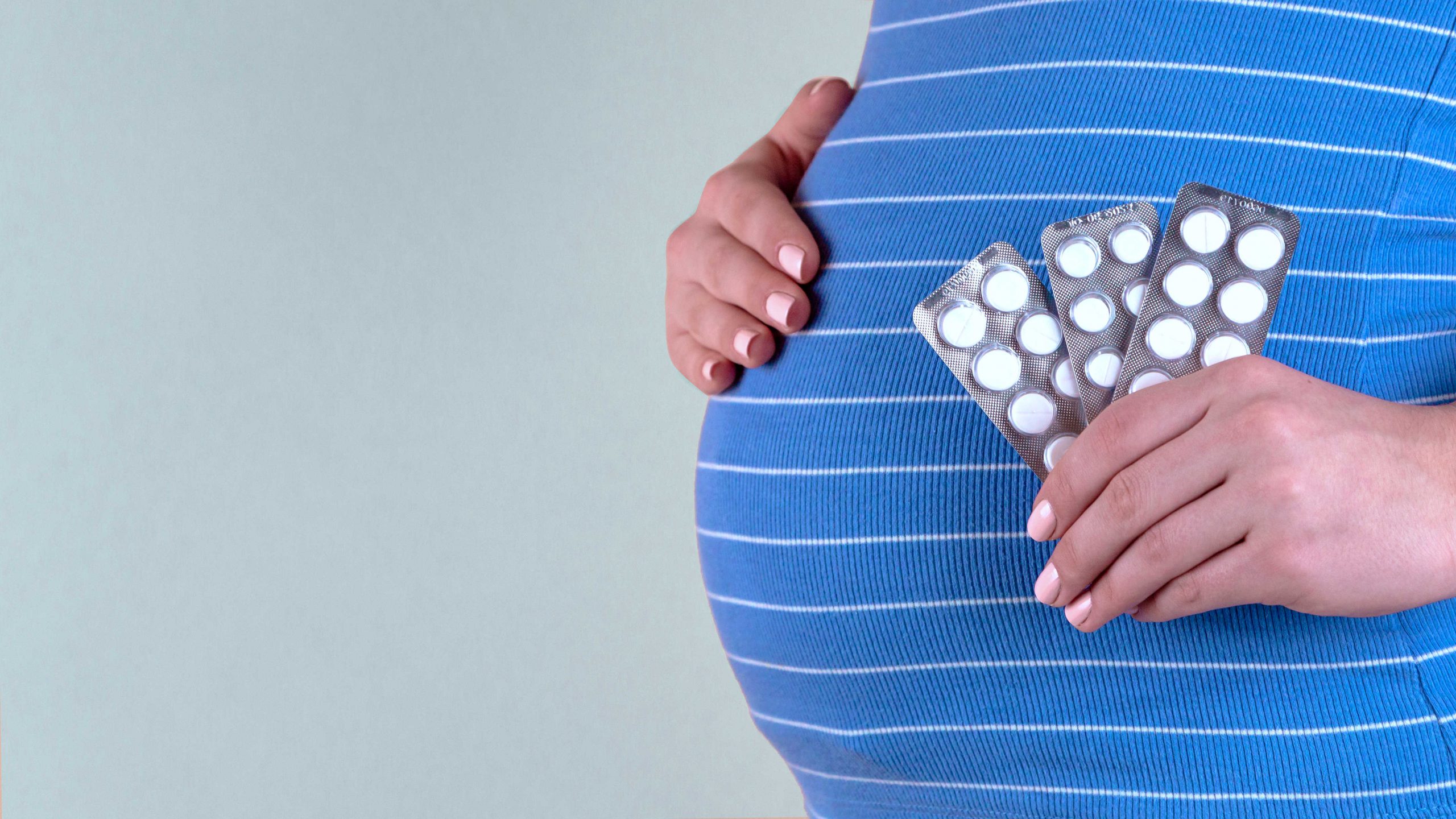Pharmacovigilance during pregnancy has a fundamental role. Pregnant women are excluded from clinical trials and therefore any data can be useful for drug profiling. Margherita D’Antuono, Pharm D, Ph D Corporate Pharmacovigilance Director and EU QPPV at Italfarmaco S.p.A. spoke about it during the European Pharmacovigilance Congress 2019. Here is what emerged.
Pharmacovigilance during pregnancy
Pregnant women are excluded from clinical trials, unless it is a drug specially formulated for this precise situation. The result is a paucity of information on the clinical data available to assess potential risk. This causes drugs to be prescribed to pregnant or breastfeeding women without knowing their potential risks or real effectiveness. Pregnant women fall into the so-called special populations, more fragile population categories. Pharmacovigilance in pregnancy therefore requires particular attention as any data can be useful for drug profiling.
Events to submit
Serious events must be given increased attention in a timely manner and be notified to the authorities. These include cases of congenital anomalies, developmental delay in the child, cases of fetal death, miscarriage and cases of suspected adverse reactions in the new-born.
Cases of exposure to contraindicated medicines during pregnancy or medicines with a high teratogenic potential, even if with a positive pregnancy outcome, may also have to be notified: often, in fact, pregnant women or health professionals contact the marketing authorization holders to request information on the teratogenic potential of a drug taken before the woman knew she was pregnant or without realizing the possible effects on the fetus. This is a real opportunity to collect exposure data.
You might be interested in: Pharmacovigilance in geriatrics
Additional measures
There are cases where the MAH needs to implement additional measures:
- In cases of congenital malformations, it is necessary to provide a complete description of the malformation;
- In cases of spontaneous abortion, the time of occurrence and the history of the spontaneous abortion must be specified;
- In cases of termination of pregnancy after the first trimester it is necessary to obtain and provide the results of the fetal autopsy and prenatal tests;
- In cases of late fetal death, it is essential to collect prenatal test results, such as ultrasound, amniocentesis, serum markers, etc., autopsy results, if available, and other factors that may have had an impact on fetal loss, e.g. example concomitant diseases;
- in cases of paternal exposure, it is also necessary to collect information on the father;
- in cases of taking medicinal products with teratogenic or fetotoxic effects it is necessary to provide information on the outcome of the pregnancy.
ICSR for pregnancy cases
One of the questions that the pharmacovigilant often asks is: in the event of an adverse event during pregnancy, how many ICSRs must be created? Here are the Doctor’s answers.
- In cases of abortion or fetal death without malformations, only one ICSR is created for the mother;
- in cases of fetal malformations, an ICSR is created for the fetus and one for the mother, but only in the event that she too has experienced an adverse event;
- in the event of birth defects, an ICSR is created for the fetus and one for the mother, but only in the event that she too has experienced an adverse event
- in the case of twins, an ICSR is created for each of the fetuses.
The marketing authorization holder must ensure that he has done everything possible to collect the information necessary to improve the benefit/risk profile of the product.
You might be interested in: Pharmacovigilance in pediatrics







